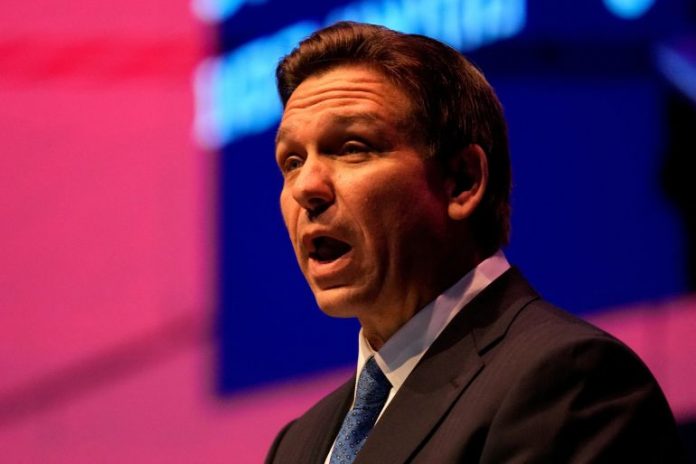Florida Governor and Republican presidential candidate Ron DeSantis has signed off on a bill prohibiting car manufacturers from using direct-sales models in the state.
DeSantis signed the law, along with several others, on Tuesday, June 13. Titled HB 637, the measure prevents most automakers from selling directly to consumers, requiring them to rely on franchised dealerships instead starting this July. Other provisions in the law limit the influence car manufacturers can exert over retailer inventories and prices while protecting dealers’ rights to ignore MSRPs and choose their own model mix. The Florida Automobile Dealers Association (FADA) was heavily involved in writing and pushing the legislation through the state government.
While its supporters may have hoped to completely eliminate the direct-sales model in Florida, the bill is not a total ban as it exempts one car manufacturer, and conceivably more, from the provision. The legislation allows electric vehicle companies to continue selling to consumers without third-party retailers, meaning Tesla, and possibly smaller brands such as Rivian, Lucid and Polestar, will be allowed to operate in the state as normal. Legacy automakers, such as Ford and General Motors, must still use franchised dealers to sell their products in the state.
Conflict over the direct-sales model has intensified in recent years, driven primarily by its popularity among electric car manufacturers. Dealership associations representing multiple regions, such as North America’s largest EV market, California, have introduced similar bills aiming to protect the franchise system to varying degrees of success. Under DeSantis, Florida has joined a growing number of states siding with third-party dealers, even if HB 637 stops short of an complete ban.




